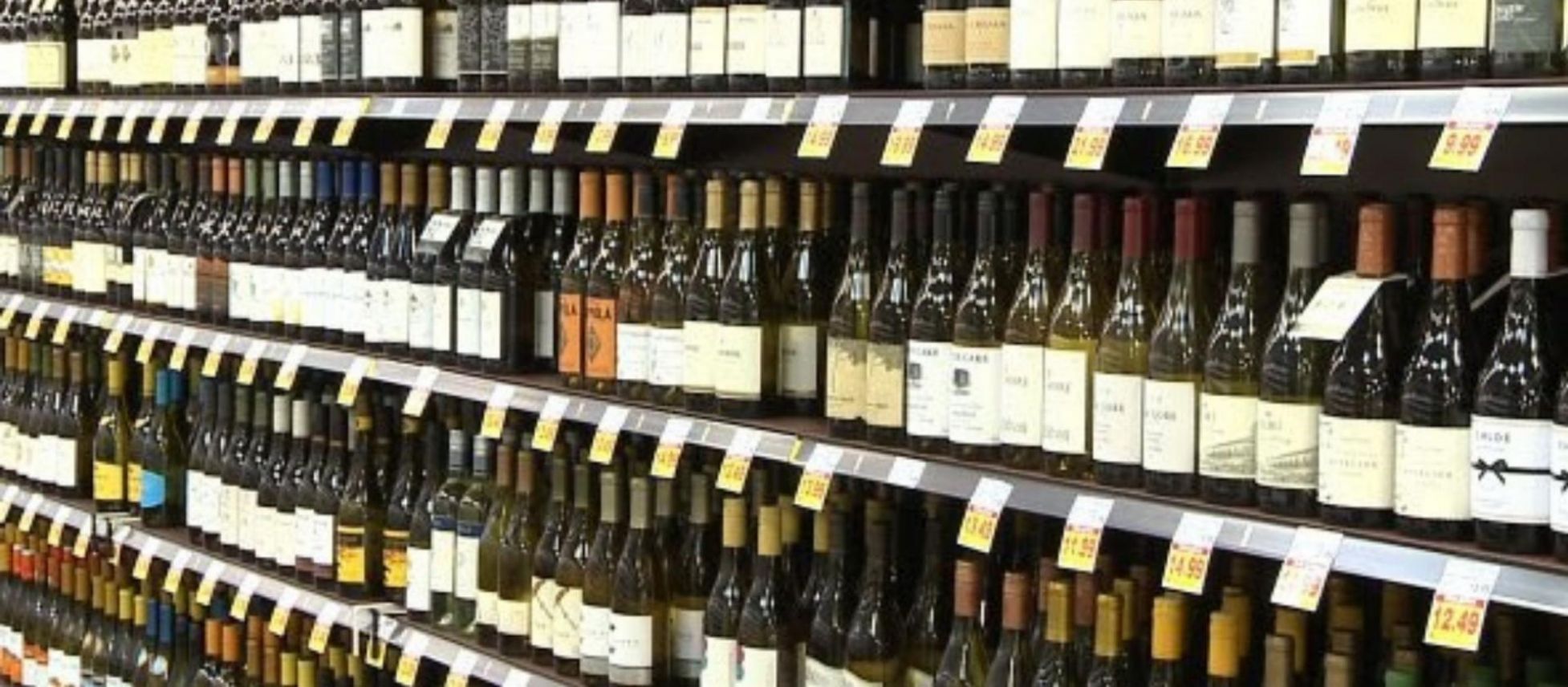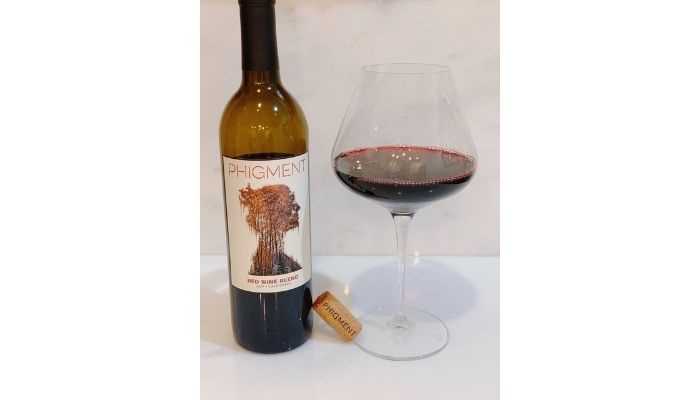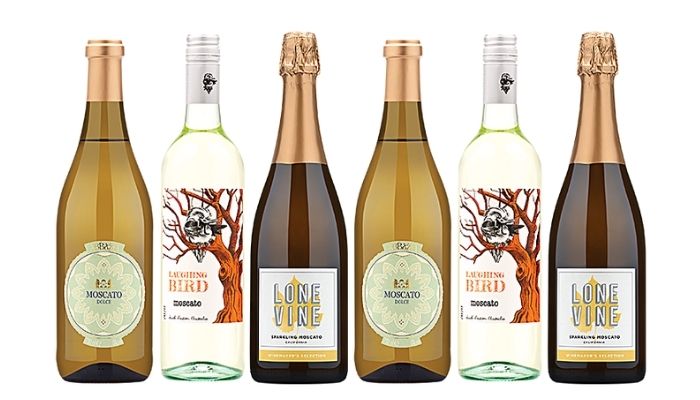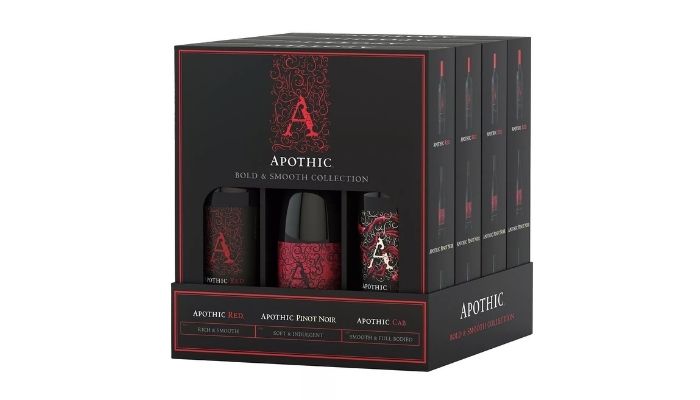Blog
Insights
Growing Your Private Label Wine Brand in National Retail Chains

With an increasing cutthroat competition amongst the wine industry in the U.S., having your Private label brand in a national retail chain offers a competitive edge. Kryss Speegle MW tailors out the way to grow in a national retail chain.
Over the years, the presence of private wine labels has immensely increased in the U.S. wine market and especially in the supermarket chains like Costco and Trader Joe’s. Many supermarkets are resorting to private wine labels due to their higher profit margins and the control over the supply chains which has been a major issue during the pandemic. At present, the private wine labels in the U.S. account for a 10% overall share in retail wine sales. The pandemic, Californian wildfires, and the volatile 2020 and 2021 harvest have led to an increase in retailers resorting to private and bulk wine labels. Bottling and brand management companies are spurring up in the U.S. which has majorly boosted the growth of private wine labels.
[[relatedPurchasesItems-49]]
Kryss Speegle is a Master of Wine who works as an educator and winemaker. She has worked as the Director of Winemaking with O’Neill Vintners and Distillers and is currently the Senior Director of Busines-to-Business at O’Neill. As we discuss the presence of private label wines in the retail chains of the U.S., she shares some interesting insights about what it takes to grow them.
Phigment a private label wine owned by Trader Joe’s has been a great hit with its numerable reviews and an affordable price. The wine is mentioned as one of the best red blends at an affordable price by many wine enthusiasts.

Phigment Wine; Image Source - beyondvoyagenashville.com
Laughing Bird Moscato is another private label that is sold at Kroger, it is currently being sold in a package of sweet wines along with two others. These sweet wines have shown good sales in the past. Thus, selling private labels with the right marketing can help your private label wine to be a huge success.

Sweet wine combo including Laughing Bird at Kroger; Image source - kroger.com
Costco’s private label, Trader Joe’s private label, and a lot more private label wines have successfully captured the U.S. wine market and offer fabulous wines at a great price. With the alcohol sales booming through grocery channels during the pandemic, it became important for retail chains to cater to price-conscious customers with high-quality products. Consumers are already opting for more private labels and it seems like the right time to make your way through a national retail chain.
The audit systems of the retail chains are a complex process to crack through. Most of the retail chains follow the ISO (International Organization for Standardization) or BRC (British Retail Consortium) for their audits while some retail chains like Trader Joe’s have an audit system of their own. Being able to hold exemplary records and having all your forms filled out while adhering to all the standards can help you get through the audit systems of these big retail chains. Once your private label gets through these audit systems, it becomes easier to tap into the retail chain and move towards the other processes.
Retail chains want you to speak their language. Once you approach the retailer for your wine program, your brand needs to be able to have that inventory locked up. It is essential to understand the feasible holding time for your inventory in terms of what would be your turnover and if you will be able to fulfill the requirement. Thus, you need to have power over your inventory and be able to provide based on your retailer’s requirements. Committing to a certain number and not being able to turn around with it may leave a bad impression on the retailer and affect your brand's name.
Getting your private label to a retail chain may be difficult and the competition is immense but even going through the whole process can be beneficial for your brand to grow in the retail chain game. It can act as a Fact-Finding process for you and allow you to understand the retail chain better. Not just the audit process and their resources, but it also helps you in grasping their timelines, who their buyers are, how much do they know about wine, if they know what they are doing, how are they working through with the private wine labels, do they just need you to show up on time with your wines and fill out your forms, etc. Thus, it acts as a great process to understand the retail chain and how they work. Many retailers keep rolling out their RFPs which allows you to submit your wines and roll the dice in the hope of getting your wines through. It is essential to keep your eye on them.
Being a bulk supplier for private label wines, it becomes essential for your brand to have a strong direct relationship with the retail chain. A great relationship with your retailer helps you to stay in front when the RFP tenders are rolled out. Not just these, if you are offering a great product at the right price, the retail chain may reach out to you themselves. This can offer you a competitive edge and you can even advise the retailer to opt for a wine program depending on the demand in the market and your research. Although it takes tremendous time to get there, once you have reached that stage, it becomes easier for your brand to enter your private label wines in the right market.
Supporting the mid-size and wholesale retailers to offer marketing solutions for the private label wines helps in building up an effective wine program. Offering Trade Marketing solutions through targeted programs on a retailer and wholesaler level enables to market the private labels on the intermediary levels. These can be done through interactive displays, promotions, cross-marketing, online sales, and in-store pairings. Thus, it becomes important for you to understand the market and tailor programs accordingly. Sam’s club rolled out an Apothic Wine Gift Pack for Valentine’s Day. Apothic is a Top-Rated private label wine at Sam’s Club.

Apothic Wine Gift Pack at Sam’s Club; Image Source - Samsclub.com
For your private label wines to enter the retail chains, you need to know your brand well and it should be scalable enough that if the retailer likes your product and asks for more cases, you must be able to provide them.
Hence, you should be able to scale your or your copacker's production to become scalable enough. To reach that level, you should be aware of your strengths and what would it take to increase the production and take your brand to that level. To go through the audits and all the processes of the retailer, it is essential to have the right number of human resources which can help you through it all. Do your due diligence and be up-to-date about the RFPs and tenders that are rolled out by the retailers. Finally, be it any industry, when it comes to retail chains, you need to have the patience to let your brand grow and at the same time offer a consistent product. Consistency plays a major role when it comes to retailers because a consumer will always come back for a product they liked in the first go.
Article by Shreya Kohli, Beverage Trade Network
Header Image Source - Wine Display at Kroger’s wbbjtv.com
If you're a bulk wine or bulk spirits supplier, contract bottler, or private label producer aiming to connect with serious trade buyers, IBWSS San Francisco is the event you can't afford to miss. Get a quotation or Book a exhibitor table.

